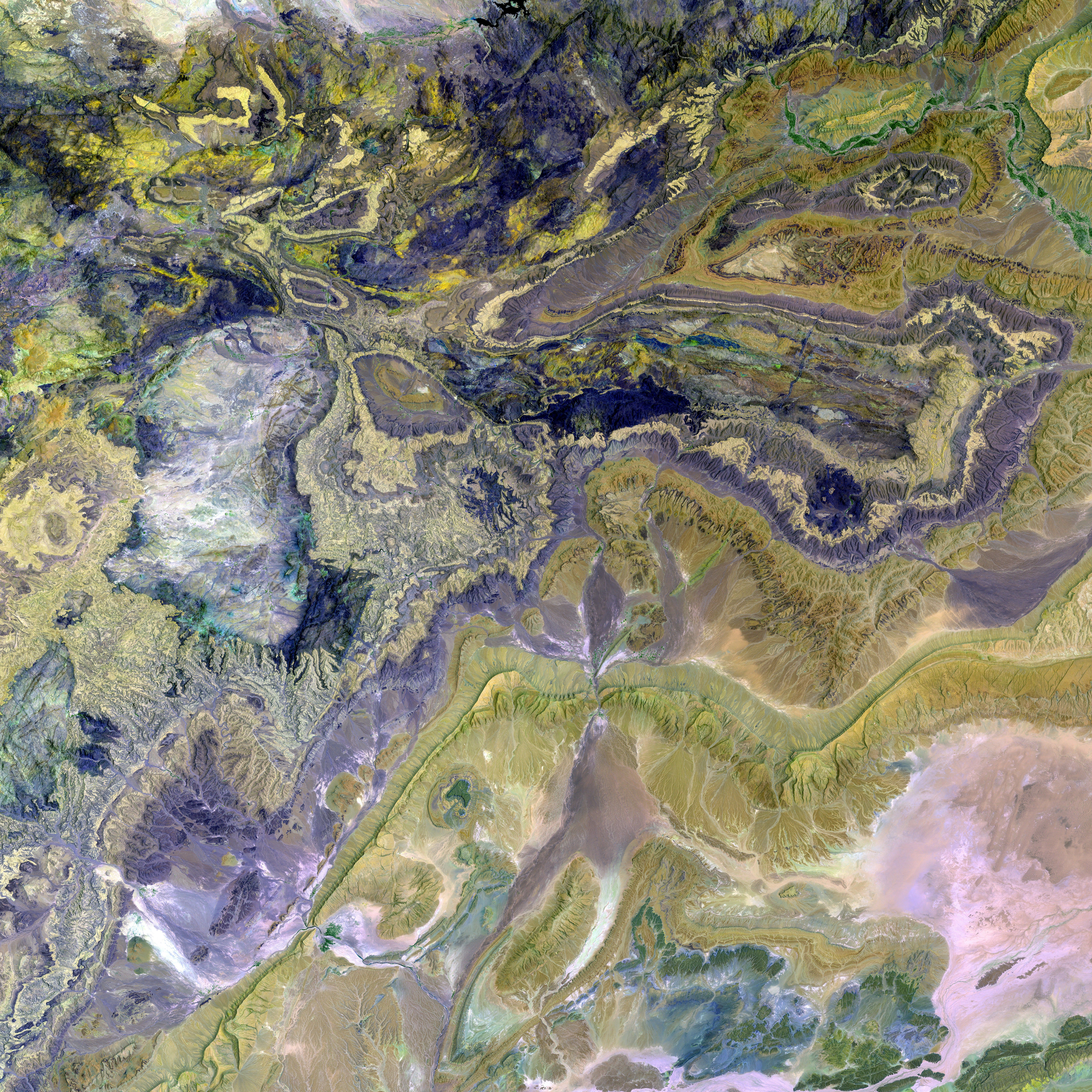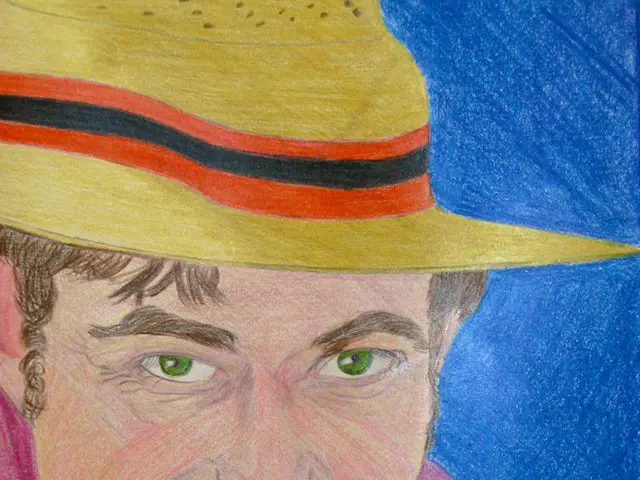A Comprehensive List of Recipients of the Arthur C. Clarke Award
Review: The Arthur C. Clarke Award-winning Science Fiction Masterpieces
Each year, the Arthur C. Clarke Award celebrates the best full-length science fiction novel published in the United Kingdom the previous calendar year. The prize, established in 1987 by Sir Arthur C. Clarke, is judged by representatives from the British Science Fiction Association, the Science Fiction Foundation, and the Sci-Fi-London film festival since 2019.
This prestigious award honors novels that stand out for their ambitious narrative scope, innovative premises, and thought-provoking thematic explorations. Since its inception in 1987, the Arthur C. Clarke Award has recognized numerous works that have significantly contributed to the science fiction genre. Here's a selection of some notable winners:
The Handmaid's Tale (1987) by Margaret AtwoodAtwood's dystopian narrative paints a grim picture of a near-future Republic of Gilead, where women have become state property under a theocratic regime. Through a compelling narrative perspective, the novel sheds light on themes such as bodily autonomy, language manipulation, and political power plays.
The Sea and Summer (1988) by George TurnerTurner's climate-change-themed novel unfolds against the backdrop of a future Melbourne, depicting a society unraveling amidst rising sea levels and growing inequality. It stands as a prescient warning about the environmental consequences of neglect and political inaction.
Unquenchable Fire (1989) by Rachel PollackPollack's novel blends speculative fiction with spiritual exploration, following Tempe O'Kun, an anthropologist navigating a world transformed by a new religion of empowerment. It is noted for its balance between mythic imagery and sociological insights, marking it as an essential work in feminist science fiction.
The Child Garden (1990) by Geoff RymanGeoff Ryman's post-pandemic story portrays a world where young survivors develop remarkable biological adaptations. The novel explores themes such as memory, human resilience, and the ethical boundaries of science.
Take Back Plenty (1991) by Colin GreenlandGreenland's space opera introduces Freya Mills, a freighter captain thrust into interstellar mysteries and intrigue. With its witty dialogue, rich world-building, and dynamic heroine, the novel set a new standard for modern space adventure.
These Arebut a handful of examples of the groundbreaking science fiction works recognized by the Arthur C. Clarke Award. The novels' innovative settings, thought-provoking themes, and philosophical depth have ensured their lasting impact on the genre.
The space economy explored in "Take Back Plenty" (1991) by Colin Greenland, a science fiction masterpiece, is intricately woven into the fabric of a dynamic interstellar adventure, showcasing the potential consequences of human activity in the cosmos.
In the realm of entertainment, the Arthur C. Clarke Award-winning novel "The Child Garden" (1990) by Geoff Ryman presents a blend of post-pandemic survivor tales, the exploration of human resilience, and the ethical dilemmas posed by scientific advancements, making it a compelling addition to one's bookshelf.








